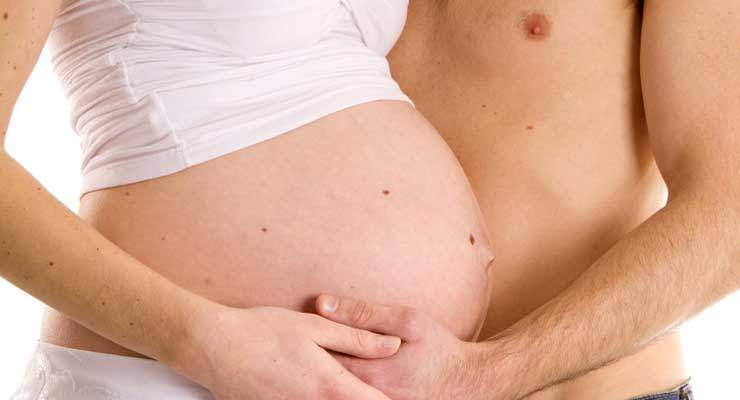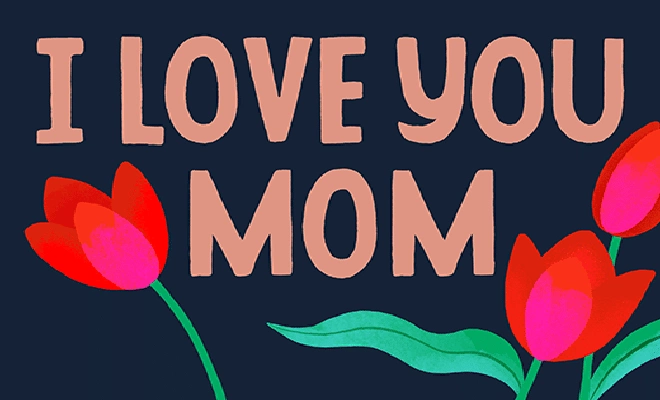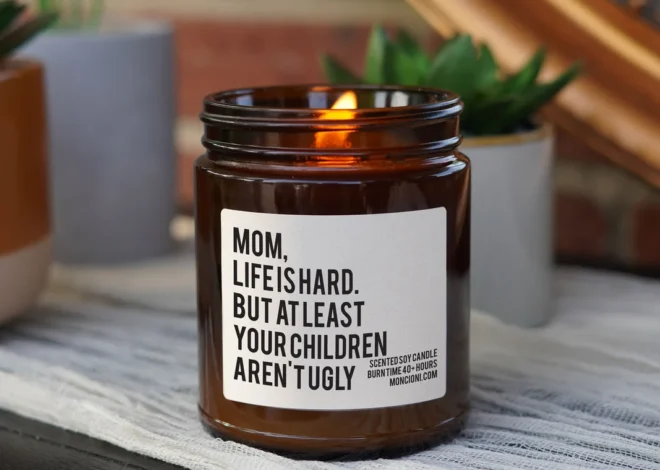Even though C-sections are common, they’re still major surgical procedures. Your doctor cuts through several layers of skin and tissue and into your uterus in order to get to your baby. On top of that, you have a painful incision and a new baby that needs care. If that doesn’t put baby making out of your mind for a while, the risks it poses to your health might do it. If you don’t let both your internal and external incisions heal before becoming pregnant again, they could rupture or tear, putting you at an increased risk of bleeding, miscarriage and other serious complications.
Having Sex Again
Your sex drive may return soon after pregnancy, or weeks later. Both are normal as your body’s hormones try to get back to normal. Avoid penetrative sex for 3 to 4 weeks because inserting things into the vagina can deposit bacteria there, which increases your risk of infection, according to Drugs.com. Penetrative sex can also cause extra bleeding or irritate tissue as it’s trying to heal. If you can’t wait until the four week mark, try sexual activities that don’t involve penetration, like oral sex.
Fertile Again
You can look forward to normal periods returning as early as seven weeks after delivery, according to Drugs.com. Some women’s periods don’t return until weeks or months after delivery. Since you ovulate about two weeks before you get your period, and you might not know when to expect a period, you could be fertile as soon as four weeks after pregnancy. Because it’s such a guessing game as to when you might be fertile after you have your baby, you should use condoms each time you have sex.
Breastfeeding Concerns
Breastfeeding offers additional protection against pregnancy, according to Planned Parenthood. It’s called natural birth control because many breastfeeding moms don’t get their periods until after they stop breastfeeding, or slow down considerably. If you breastfeed exclusively and on-demand, you’re less likely to get pregnant than women who don’t, especially in the first six months. However, it’s still possible to get pregnant while breastfeeding if you ovulate. Watch your vaginal mucus for an egg-white fertile discharge, or take your basal body temperature to look for temperature spikes associated with ovulation. Use a back-up method of birth control if you’re especially concerned.
Safe to Conceive
There’s no exact safe time frame since each woman’s body heals differently after pregnancy and after surgery. Doctors recommend 18 to 23 months, according to Bruce Flamm OB/GYN, writing for Baby Center. That’s the estimated time it takes your body to return to as close to your pre-pregnancy state as possible. Not only do you need to heal, but you also need to re-build nutrient stores. If you’re over 30, your doctor may recommend you try to conceive again after 9 to 12 months, since fertility declines in your 30s. If you get pregnant sooner than 9 months, don’t panic. It’s likely you’ll have a healthy pregnancy. Your doctor can assess your risk at your first prenatal visit.
Pregnancy Protection
You can use condoms to prevent pregnancy at any time and without a prescription. You can also begin taking hormonal birth control right away if you don’t plan on breastfeeding. If you do plan on breastfeeding, the American Academy of Pediatrics recommends delaying hormonal birth control until six weeks into breastfeeding to give your milk supply time to build and become regular. If you’re interested in longer-term forms of birth control, talk to your doctor about an intrauterine device, or IUD. They’re inserted into your uterus through your cervix and can be work for 5 to 10 years, depending on the type you choose.





